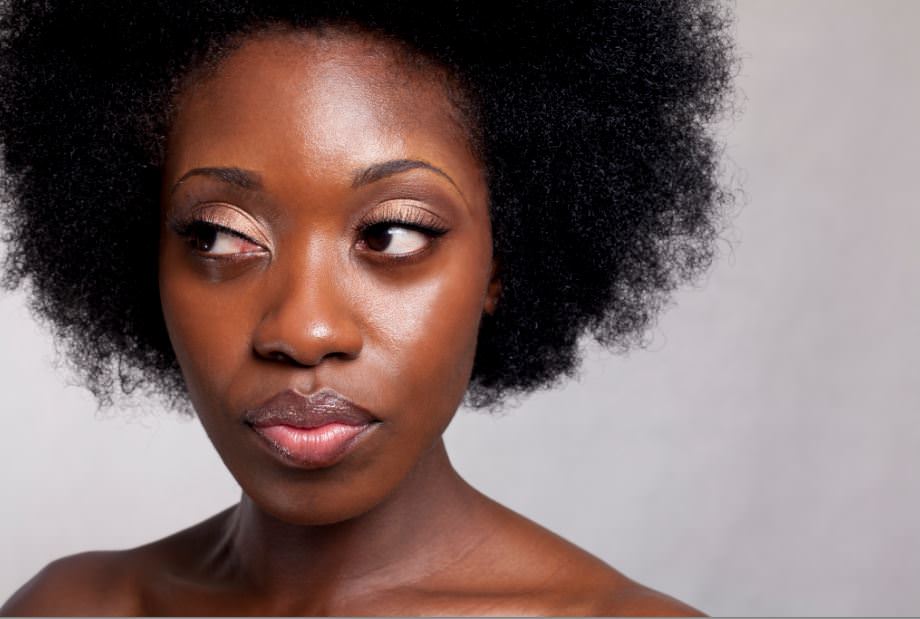
Dandruff is one of those things that we try to keep on the hush hush when we are suffering from it. It’s not exactly ideal to bring up flakes falling from your hair and scales forming on your scalp during a casual conversation. It’s definitely embarrassing, but it happens more than we know. Below are 5 questions and answers covering all the basics you need to know about dandruff and how to get rid of the pesky scalp problem!
I understand that dandruff and dry scalp have some of the same symptoms. How can I tell the difference between having dandruff and just a dry scalp?
Dry scalp usually comes with a small amount of flaking, redness, itching, burning, dryness, and sometimes even some hair loss. Dandruff has the same characteristics but is more severe; it often comes with bigger hair flakes, scales on the scalp, and all of the attributes that come with regular dry scalp.
The easiest way to determine if you have dandruff is to check the size of the flakes on your scalp and to note how your hair reacts to products. If you only have a dry scalp, the flakes should be small and the overall flakiness should be minimal; your dry scalp should also be easily cured by moisturizing/hydrating more often and cutting out harmful products like shampoos with sulfate.
If you have dandruff, the flakes will be bigger, skin/scalp will be oily, and it may even get worse when you use certain moisturizers and conditioners due to build up on your scalp.
Can my hair type and/or texture play a role in having dandruff?
Yes, hair type and texture can play a role in having dandruff. Kinky*-curly hair tends to trap in hair products at the root which causes a whole lot of buildup. Similarly, low porosity hair also experiences build up because it is not only prone to dryness, but heavy products tend to sit on top of the hair inside of penetrating the shaft.
With that being said, you can still get dandruff no matter what hair type and texture you have; some people are just more susceptible to it than others.
Knowing your hair type and understanding what works for you and what doesn’t is the best way to prevent dandruff from happening and reoccurring.
I thought dandruff was only caused by having dry skin and scalp, so I started moisturizing more; it made it worse. What could be the cause of my dandruff?
Dandruff is caused by a number of things–not hydrating your hair enough is only one of them. Dandruff can be caused by product build-up and/or sensitivity, not shampooing enough or shampooing too much, preexisting skin problems like eczema, and/or a yeast-like fungus (Malassezia) growing on your scalp.
If you noticed that moisturizing or conditioning your hair causes your hair to flake even more than before, you may be experiencing build up or sensitivity to the products. Make sure you are washing your hair enough to cleanse and open the pores in your scalp; also, make sure you are not shampooing too much and drying out your hair and scalp completely.
Simply put, you need to accurately pinpoint the cause before treating your scalp for dandruff.
A deep treatment with organic neem oil, once a week, will get rid of all traces of dandruff.